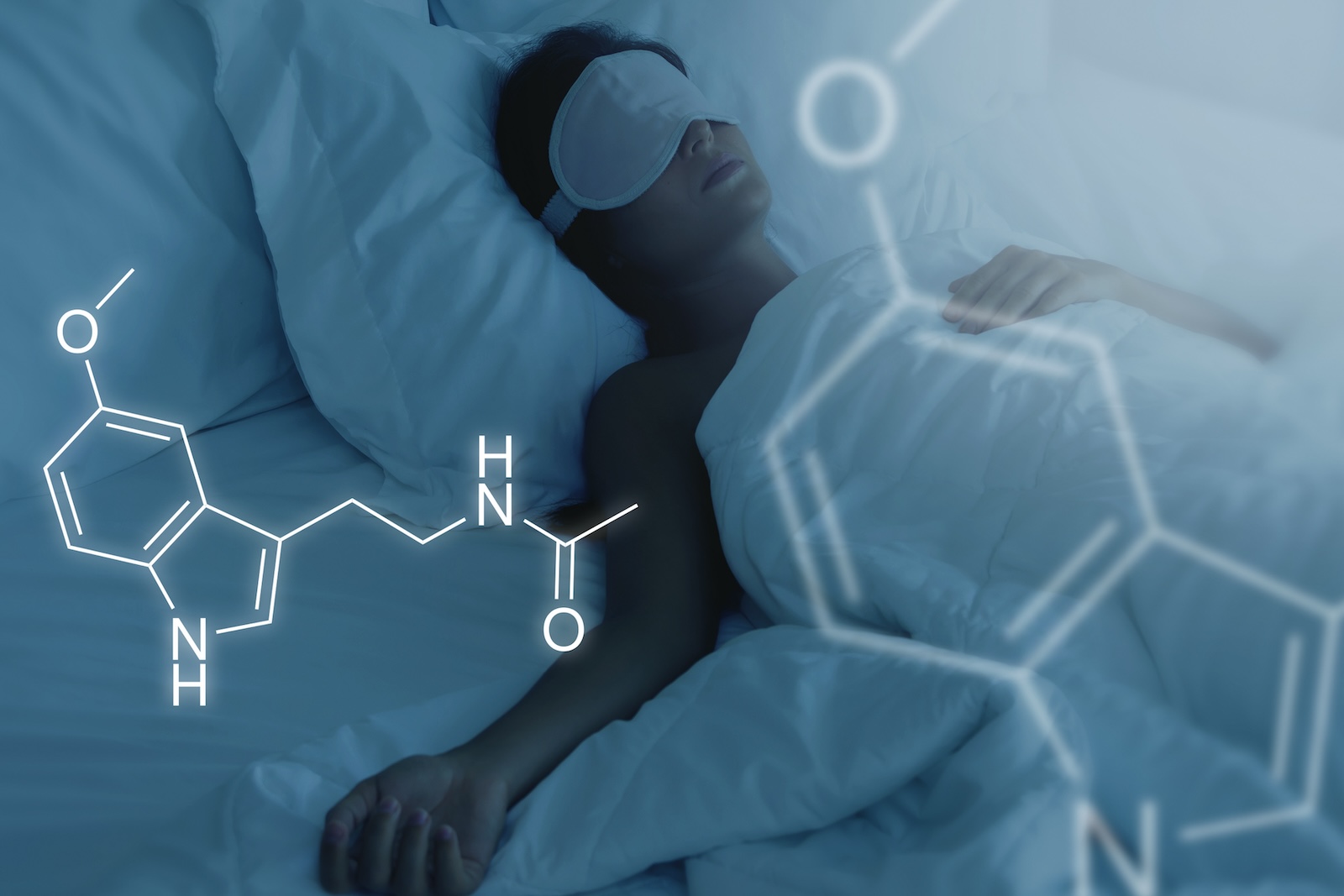A good night’s sleep is crucial for overall health, yet many older adults struggle with sleep-related issues that can impact their well-being. These challenges can significantly affect their quality of life, from difficulty falling asleep to disrupted sleep patterns. In the quest for solutions, melatonin has emerged as a promising aid in promoting deep and restful sleep for older individuals.
Understanding Melatonin
Melatonin is a hormone naturally produced in the pineal gland and is pivotal in regulating the sleep-wake cycle. It is released in response to darkness, signaling the body that it is time to sleep. However, melatonin production decreases as individuals age, contributing to sleep disturbances commonly observed in older adults.
The Science Behind Melatonin and Deep Sleep
Melatonin’s impact on sleep architecture is profound. It helps regulate the different stages of sleep, including the crucial deep sleep phase. Research suggests that melatonin not only influences sleep duration but also enhances sleep quality by promoting deep, restorative stages. By modulating the circadian rhythm, melatonin helps synchronize the body’s internal clock, aiding in a more structured and restful sleep experience.


Melatonin and Aging
As individuals age, there is a natural decline in melatonin production, which can lead to sleep difficulties. This decline is associated with changes in the circadian rhythm and an increased susceptibility to external factors disrupting sleep patterns. Addressing these changes becomes essential to ensure that older adults maintain a healthy sleep routine, and melatonin supplementation offers a potential solution.
Research Findings
Numerous studies have explored the benefits of melatonin supplementation for older adults. These studies consistently demonstrate positive outcomes, with melatonin contributing to increased deep sleep and overall sleep quality. Additionally, researchers have observed potential cognitive benefits and improvements in overall well-being in older individuals who incorporate melatonin into their sleep regimen.
Sleep is simply a chemical change in our brain and body (melatonin) – It’s not a place we go, it is a state of being that we fall into. – Bill Crawford
Using Melatonin as a Sleep Aid
While melatonin supplements can be beneficial, it is crucial to approach their use with caution. Consulting healthcare professionals before starting melatonin supplementation is advisable to determine the appropriate dosage and address any potential interactions with existing medications. Understanding the importance of proper administration and being aware of potential side effects ensures that melatonin can be a safe and effective tool in the pursuit of better sleep for older adults.
Lifestyle Factors and Sleep Hygiene
Optimizing sleep goes beyond melatonin supplementation. A holistic approach to sleep improvement includes lifestyle changes and proper sleep hygiene. Creating a conducive sleep environment, maintaining a regular sleep schedule, and incorporating relaxation techniques can enhance the effectiveness of melatonin and contribute to a more comprehensive solution for improved sleep in older adults.
Take Away
In the journey to unlock deeper sleep for older adults, melatonin emerges as a valuable ally. Understanding its role in regulating sleep, addressing age-related declines, and incorporating it into a broader approach to sleep hygiene can significantly enhance the sleep quality of older individuals. As we dig deeper into sleep science, melatonin is a promising and accessible tool for promoting better health and well-being in our aging population.

